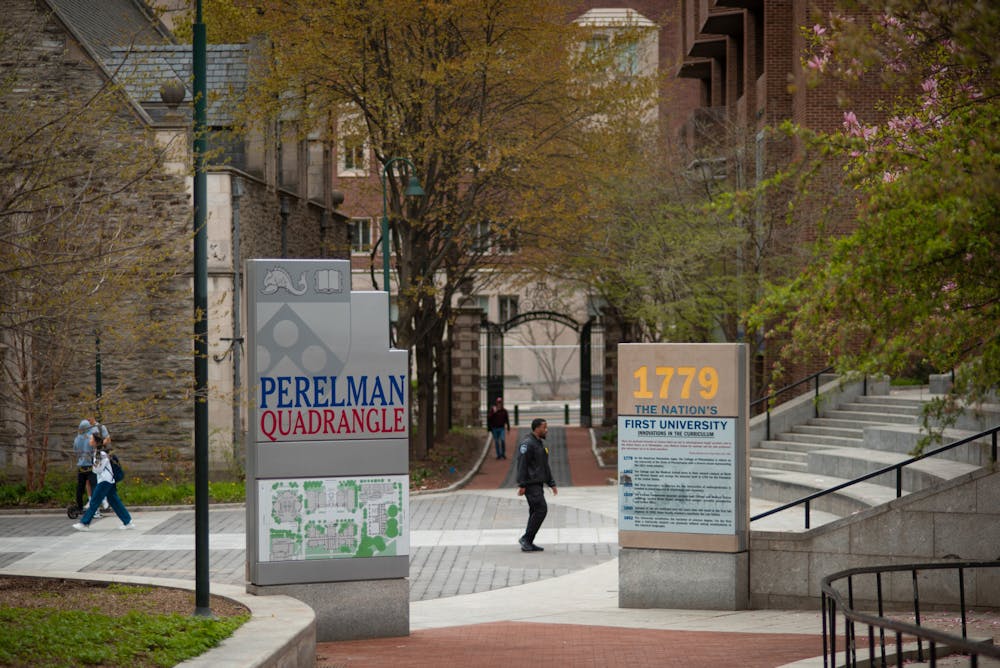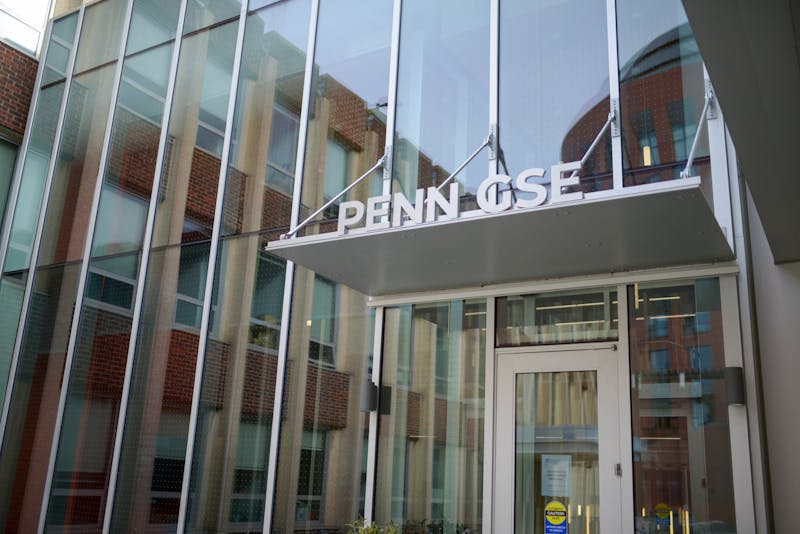
Amid ongoing visa revocations, Penn updated its guidance for international students on Monday, adding additional information for individuals whose immigration statuses have changed through the Student and Exchange Visitor Information System.
The Daily Pennsylvanian previously reported that eight Penn affiliates had either their visa revoked or immigration status terminated by the Department of State. Of the eight affiliates, seven had their SEVIS statuses terminated — including one undergraduate student, five graduate students, and one alumnus on a sponsored visa — according to a University spokesperson. One additional Penn affiliate had their visa revoked.
On April 21, Penn updated its “SEVIS Termination FAQ” website to address additional topics including public safety, academics, and housing for individuals who have been impacted by SEVIS terminations. The page — which was first launched by Penn’s International Student and Scholar Services on April 6 — states that a SEVIS revocation indicates that an individual’s “F-1 or J-1 immigration record is no longer active.”
“A terminated SEVIS record means you are out of status and can’t legally study, work, or remain in the U.S.,” the website states. “Depending on the circumstances, you may begin to accumulate unlawful presence from the date of termination.”
The website notes that the termination of a SEVIS record “typically occurs when a student has decided to withdraw or take a leave from Penn or when a student is no longer in compliance with U.S. immigration regulations.” While terminations initiated by ISSS will trigger “multiple warnings and communications,” other terminations by “external agencies” are completed automatically.
A University spokesperson previously told the DP that ISSS was monitoring students’ visa statuses twice a day through SEVIS. According to the FAQ sheet, automatic terminations are “outside of ISSS’s control” and may be the result of visa revocations, background checks, and criminal matters.
The recent updates come as 1968 Wharton graduate and President Donald Trump’s second administration continues its nationwide crackdown on international scholars. At the time of publication, over 1,700 international students at and recent graduates of American universities have had their visas revoked.
Depending on a student’s circumstances, ISSS recommends leaving the United States and applying for a new visa and I-20/DS-2019 certificate following a SEVIS termination. The website acknowledges, however, that “[t]erminations linked to visa issues or legal matters may negatively impact future U.S. visa eligibility.”
In the “Public Safety & Penn Police” section of the FAQ sheet, ISSS emphasizes that while Penn Police “does not enforce immigration regulations, including SEVIS,” Penn’s campus is, however, “largely open to the public” and thus “law enforcement officers may enter these public spaces without a warrant or subpoena.”
According to the website, if approached by an immigration official, students and scholars should immediately contact Penn’s Division of Public Safety. The page reiterates the right for students “to remain silent and decline communication.”
Changes to a student’s visa or SEVIS status may also impact their “academic status” and ability to attend classes.
Questions 14-17 of the FAQ sheet specifically address financial aid and billing for students. The website urges students to contact ISSS, noting that although “termination may impact eligibility” for financial aid or scholarships, emergency support may be available. Tuition and payment plans for those who cannot attend classes are managed by Penn’s student billing department.
Penn’s on-campus housing options are contingent on a student’s active enrollment during the academic year, according to the page. Following a SEVIS termination, “students must typically vacate within 48 hours.” For those interested in canceling housing contracts or locating summer and off-campus options, ISSS recommends reaching out to Penn Residential Services.
Students with terminated SEVIS records also face limited campus engagement opportunities, as most student clubs and activities “require active enrollment.” Other services, including gyms and counseling, are also only “available to currently enrolled students,” according to the FAQ page.
The Daily Pennsylvanian is an independent, student-run newspaper. Please consider making a donation to support the coverage that shapes the University. Your generosity ensures a future of strong journalism at Penn.
Donate












